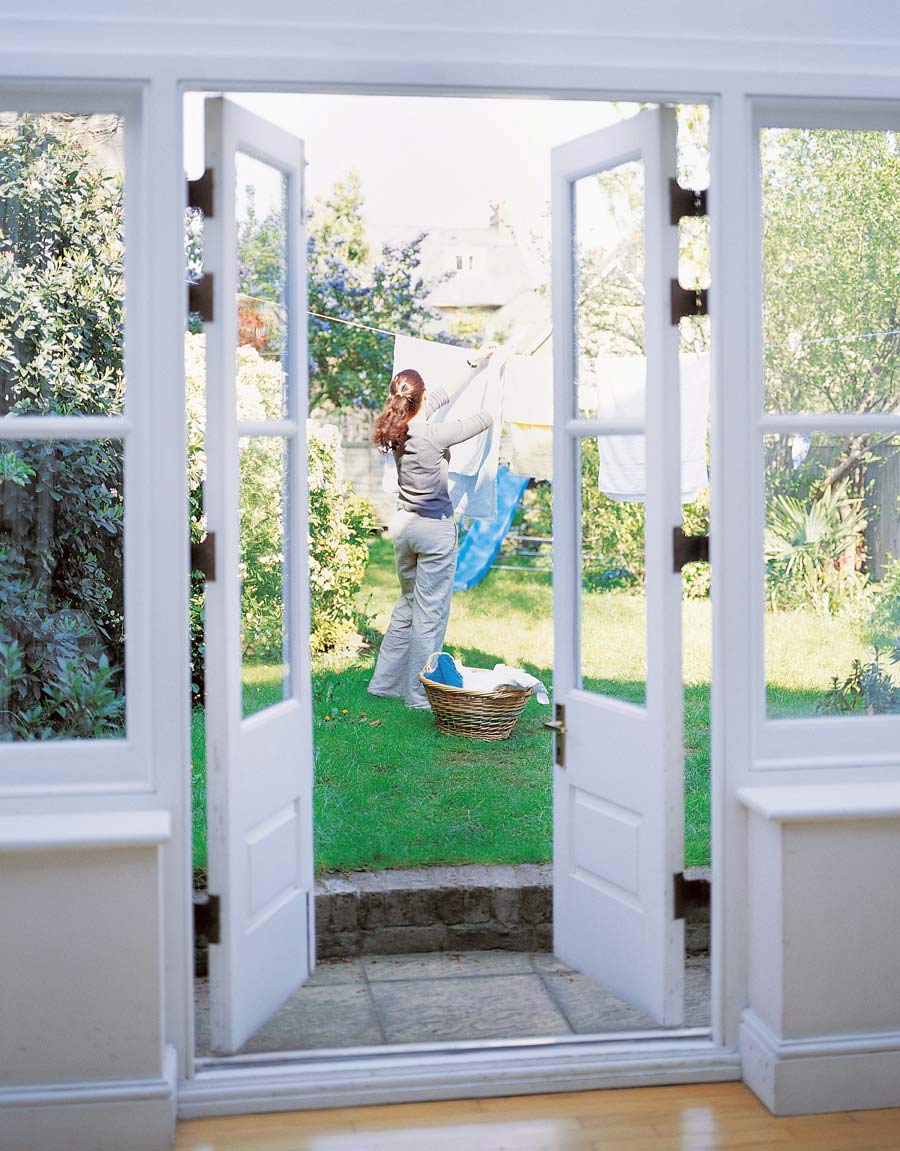In November 2015 the UK government published ‘A better deal’.
The report asked Ofwat to provide an assessment of the costs and benefits of extending competition to the residential retail water market.
Below we set out our assessment. It is for the government to decide whether and how to introduce competition.
Assessment and key findings
There can be no guarantees of how successful introducing competition to the residential retail water market would be. But the evidence from our assessment suggests that a net positive outcome is more likely than not.
The financial benefits of opening the market should exceed the costs
In financial terms, the benefits of opening the market should exceed the costs over the 30-year period we have modelled.
With strong competition and the costs of setting up and operating the market kept down – which can be influenced by how the market is opened – there are significant potential benefits worth around £2.9 billion over 30 years.
Competition could promote innovation and choice to make life easier
Competition could lead to widespread and ongoing innovation in customer service.
A residential retail water market is likely to result in new offers, such as:
- water efficiency services
- leak detection
It could also see the introduction of multi-service bundles – such as dual utility offers.
Customers could combine (or bundle) their energy and water together, for example. This could make bill management better and help make day to day living easier for families.
Competition could also deliver substantial benefits that are difficult to quantify such as:
- customer choice
- customer power to take their business elsewhere if providers fall short
Reduction in bills could be limited
Reductions in customer bills could be limited, especially in the short term.
However, lower bills could be achieved through:
- retailers’ efficiencies – with new entrants likely to have lower costs
- retailers likely to challenge wholesalers to become more efficient
This is in line with evidence from potential new entrants and experience in the business customer retail market in Scotland.
Bad debt could be cut

Competition could also cut bad debt costs as:
- retailers improve debt management
- reduce the number of ‘unidentified customers’ who use services but are not billed.
Significant set-up and ongoing costs

There will be some significant set-up costs to open a new market which companies and customers will have to meet.
These can be minimised:
- through a well-timed and well planned process
- by learning lessons from the opening of the business retail market
There will also be significant ongoing costs for retailers competing in the market, for example:
- to gain new customers
- to retain customers
Retailers would ensure these costs were not disproportionate to the revenues they would earn in the market.
A competitive market not an unregulated market

It would be a competitive market not an unregulated market.
As in the business customer market, requirements will be needed to:
- ensure public health and safety is maintained
- customer protection is in place to ensure all customers are treated fairly
Appropriate assistance would, in particular, need to be in place for vulnerable customers and those struggling to pay their bills.
Scenarios and further information
In our cost benefit assessment we have identified four possible scenarios. Each scenario is modelled over a 30-year period and designed to reflect how key features of a competitive residential retail market could develop .
- Costs and benefits of introducing competition to residential customers in England – summary of findings (PDF)
- Costs and benefits of introducing competition to residential customers in England (PDF)
- The costs and benefits of introducing competition to residential customers in England: stakeholder responses on emerging findings (PDF)


